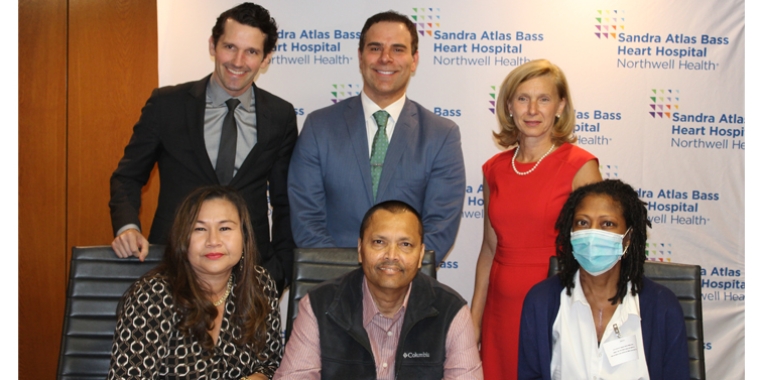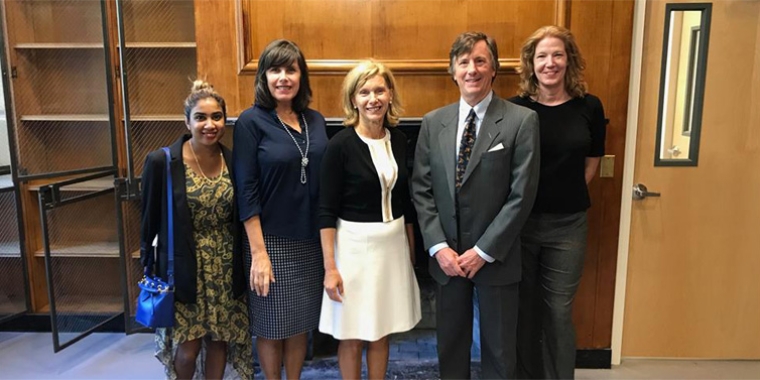
Making Clean Water Albany’s priority
March 8, 2017
-
ISSUE:
- Clean Water
Across America, the quality of our drinking water is suddenly on the minds of families and policy makers. Here on Long Island, protecting the underground aquifer that provides every drop of the water we use every day has long been at the top of our agenda. It’s at the top of mine.
Fresh, clean drinking water is not only of vital importance to our health, it’s also critical to supporting Long Island’s growing and vibrant economy. Right now, we face two threats to both water quality and quantity—both from existing and, now, emerging contaminants, like the chemical 1,4-dioxane, which has recently been found in public water system wells island-wide, to intrusion of ocean saltwater into our fresh water wells.
Community organizations and leaders islandwide have long been on the lookout for these two threats. But growing concerns following the discovery of contaminants like lead in water systems in other parts of the state and nation have amplified their calls for increased monitoring and remediation to protect our own irreplaceable resource.
Inaction isn’t an option. Fortunately, state government is ready to act. I’m pleased to join our Governor in calling for expanded testing and investing in programs and upgraded systems to protect Long Island’s aquifer. Here’s what we must do:
· Ensure that every public water system is monitoring for contaminants, including new and emerging threats to water quality. Right now, only the largest water systems that serve more than 10,000 customers are required to conduct regular testing. In Nassau County, that limits information that’s available to many residents about the purity and quality of water coming from their taps;
· Recommit to monitoring for saltwater intrusion and contamination of our fresh water wells. Our saltwater shoreline defines Long Island, but we can’t afford to have sea water entering our drinking water wells. There are several efforts underway to monitor the movement of saltwater beneath our feet, and we must continue to support these programs;
· Keeping the public informed. We need to bring all the information about water quality, testing and emerging threats in one place, so that it’s accessible to the public. Knowing what’s in our drinking water can better inform decisions we make about investing in upgrades and improvements;
· Improve coordination among water districts, residents and state and local government. Threats to water are constantly changing, evolving and emerging. When one is resolved, another is waiting right around the corner. We need to bring every resource of government, as well as involved and concerned citizens into the conversation about future actions to protect this vital resource.
Water quality is a top concern both for our health and our future. Let’s take this chance to make sure that Long Island’s water is protected for the next generation and our own.
Share this Article or Press Release
Newsroom
Go to Newsroom
Senator Phillips' Senior Scam Prevention Program
October 2, 2017


